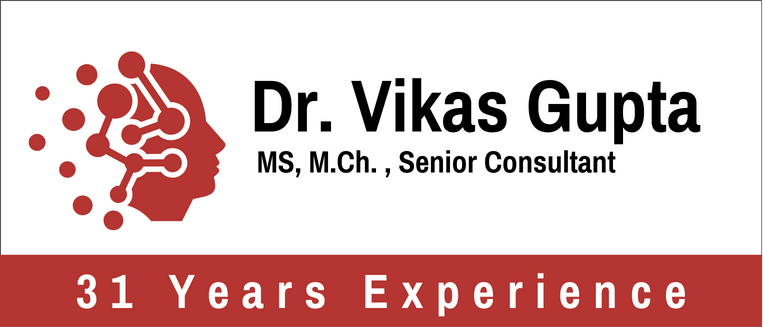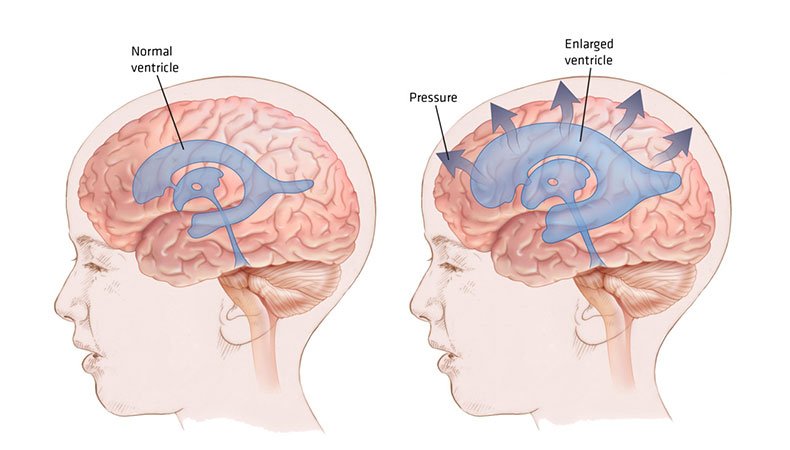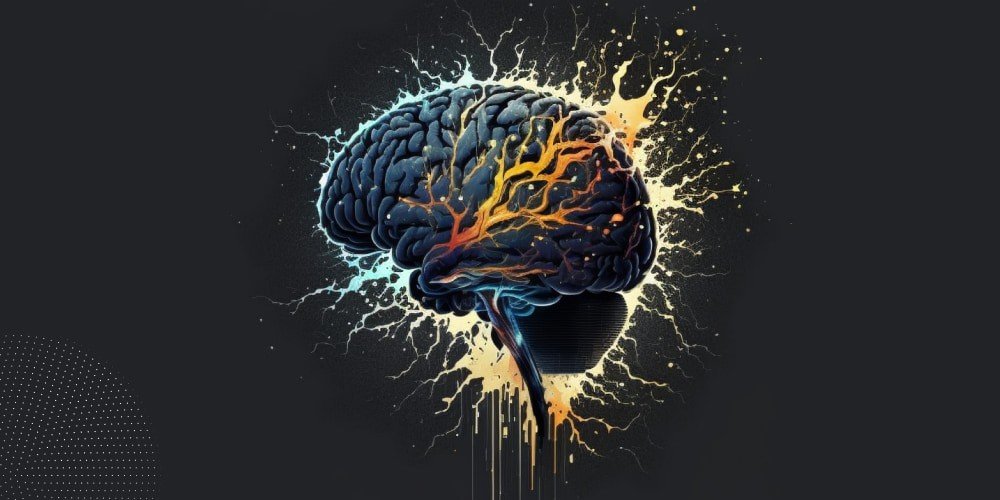Headaches are among the most common health complaints, affecting nearly 50% of the adult population globally each year, as reported by the World Health Organization. They can range from mild, occasional discomfort to severe, chronic pain that significantly impacts daily life. While most headaches are benign and manageable with over-the-counter medications or lifestyle adjustments, some may indicate more serious neurological conditions that require medical attention.
Understanding the connection between headaches and brain health is essential for identifying when a headache might be more than just a temporary nuisance. For instance, persistent headaches could be symptomatic of conditions such as migraines, tension-type headaches, or cluster headaches. In some cases, they may even be early indicators of neurological disorders like brain tumors, aneurysms, or meningitis.
This blog explores various aspects of headaches, their neurological connections, and actionable insights to manage them effectively.
What Are the Different Types of Headaches?
Headaches come in various forms, and identifying the type can be the first step toward effective treatment.
- Tension Headaches: These are the most common and are often described as a dull, squeezing pain around the head.
- Migraines: Characterized by intense, throbbing pain, oten accompanied by nausea, sensitivity to light and sound, and visual disturbances.
- Cluster Headaches: These are less common but extremely severe, typically occurring in cyclical patterns or “clusters,” often around one eye.
As Dr. Vikas Gupta, a renowned neurologist, explains: “Understanding the type of headache is key to determining the right treatment approach. A persistent or unusual headache pattern should never be ignored.”
Could Your Headache Be a Sign of a Brain Disorder?
While most headaches are harmless, some could indicate serious neurological issues, such as:
- Brain Tumors: Persistent headaches, especially with symptoms like vision changes or vomiting, can be a warning sign.
- Meningitis: A severe headache, fever, and neck stiffness may indicate an infection of the brain’s protective membranes.
- Stroke: Sudden, severe headaches accompanied by weakness, confusion, or difficulty speaking warrant immediate medical attention.
Sharing her experience, Meera, a 36-year-old patient of Dr. Vikas Gupta, says: “I’d been experiencing daily headaches and dismissed them as stress-related. But after an MRI revealed a benign tumour, the early intervention made all the difference.”
How Do Nerves Affect Headaches?
Nerves play a pivotal role in the onset of headaches. Specific nerves, like the trigeminal nerve, are often involved in migraine and cluster headaches. When these nerves are irritated or inflamed, they can trigger pain signals that manifest as headaches. Neurological conditions such as neuropathy or nerve compression can exacerbate these symptoms.
What Are the Neurological Symptoms of a Headache?
Certain symptoms accompanying headaches can indicate neurological involvement:
- Weakness or numbness in limbs
- Blurred or double vision
- Difficulty speaking or confusion
- Loss of balance or dizziness
- Seizures
When Should You Worry About a Headache?
Seek immediate medical attention if your headache:
- Is the worst you’ve ever experienced (thunderclap headache)
- Comes on suddenly and is severe
- Is accompanied by fever, neck stiffness, or rash
- Follows a head injury
- Occurs with neurological symptoms like confusion or seizures
What Causes Headaches Every Day?
Chronic daily headaches can result from the following:
- Medication overuse (rebound headaches)
- Stress or anxiety
- Sleep disorders
- Chronic conditions like sinusitis or hypertension
If you’re experiencing headaches daily, consulting a specialist is essential to identify the root cause.
How Much Does It Cost to Treat Neurological Headaches?
The cost of treating headaches can vary depending on the severity and underlying cause:
- Consultations: Neurologist visits can range from 8,000 to 24,000 INR (100 to 300 USD) per session.
- Diagnostic Tests: MRI or CT scans can cost between 32,000 and 160,000 INR (400 to 2,000 USD).
- Medications: Migraine-specific drugs may cost 4,000 to 24,000 INR (50 to 300 USD) monthly.
- Therapies: Cognitive-behavioral therapy or biofeedback ranges from 4,000 to 12,000 INR (50 to 150 USD) per session.
- Takeaway: When in Doubt, Seek Help
Though common, headaches should not be overlooked, especially when they disrupt daily life or present with alarming symptoms. Early diagnosis and appropriate treatment can prevent complications and improve outcomes.
Raj, a 42-year-old software engineer, ignored his worsening headaches until he sought Dr. Vikas Gupta’s advice. An MRI revealed a benign brain aneurysm. “I’m grateful for Dr. Gupta’s swift diagnosis, it made all the difference,” Raj says after a successful procedure.
If you have persistent headaches, consult a healthcare provider to explore potential neurological causes and treatment options.
FAQs
1. Can stress-related headaches develop into neurological disorders?
Chronic stress can worsen headaches and may signal underlying neurological issues needing attention.
2. Are there lifestyle changes that can help manage headaches linked to neurological disorders?
Yes, regular sleep, hydration, stress management, and avoiding triggers can help manage headaches.
3. How are headaches diagnosed in the context of neurological disorders?
Diagnosis involves a medical history, physical exam, and possibly imaging like MRI or CT scans.
4. What role does diet play in managing neurological headaches?
Avoiding trigger foods and maintaining balanced meals can help prevent and manage headaches.
5. Are there non-medical therapies effective for neurological headaches?
Therapies like acupuncture, biofeedback, and cognitive-behavioural therapy can reduce headache frequency.
Explore more blogs: Role of Neuro Intervention in Neurological Care





